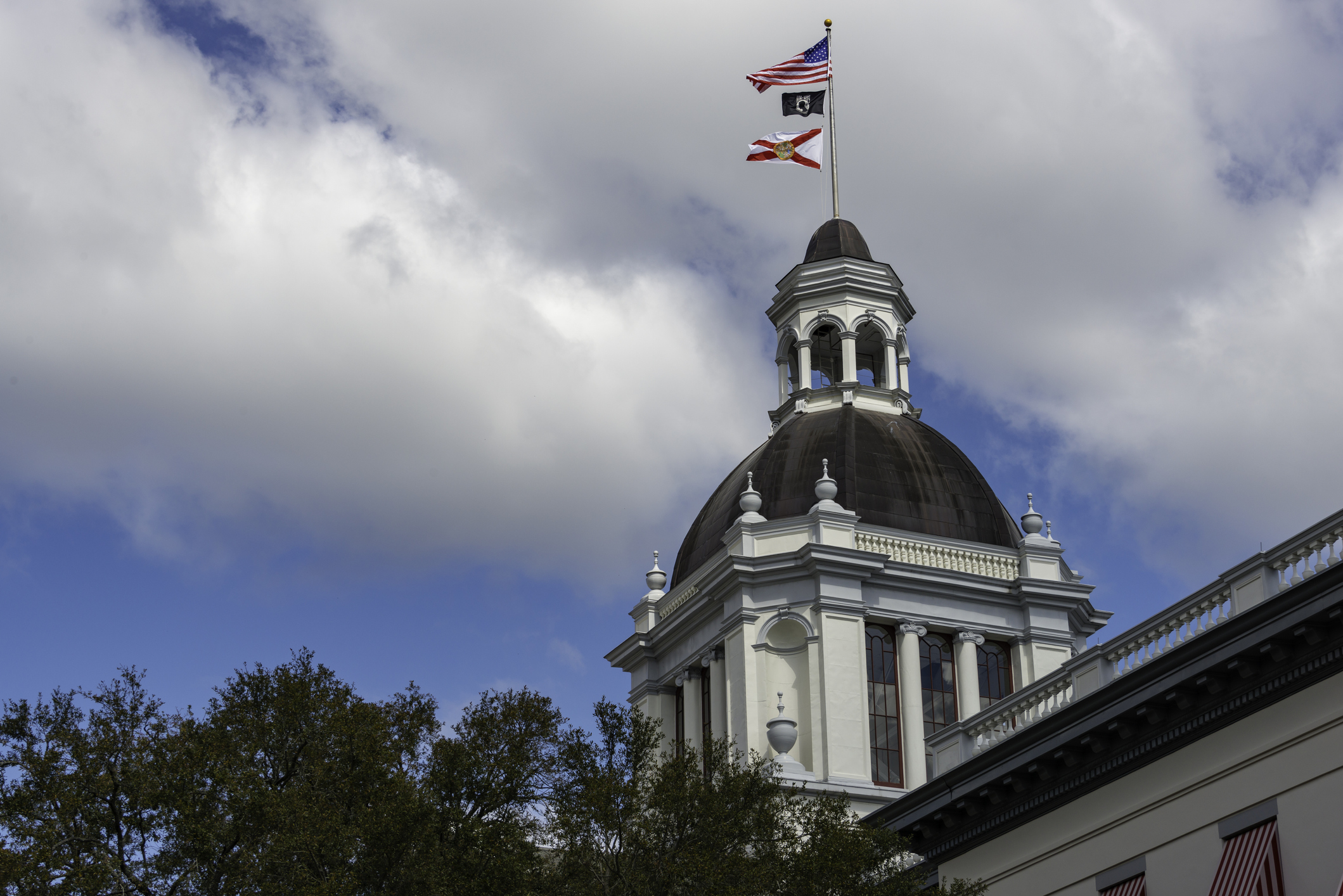Florida Governor Bans Foreign Citizens From Buying Land in Florida

Ft. Lauderdale, Fla. (May 19, 2023) - Florida Governor Ron DeSantis recently signed a bill prohibiting Chinese citizens who are not U.S. citizens or permanent residents from purchasing any residential or commercial land or farmland in Florida.
Senate Bill 264, titled “Interests of Foreign Countries,” will prohibit Chinese nationals from buying land unless they are American citizens or permanent residents. The bill also imposes certain restrictions on Chinese citizens – and others, including Russians and Venezuelans – with non-tourist visas when it comes to buying land near a military base in Florida. For example, and in an exception to the new law, Chinese citizens with non-tourist visas would be limited to buying fewer than two acres of land that is at least five miles away from any military institutions.
Senate Bill 264 reads in pertinent part:
…A foreign principal may not directly or indirectly own, have a controlling interest in, or acquire by purchase, grant, devise, or descent agricultural land or any interest, except a de minimis indirect interest, in such land in this state….
…A foreign principal may not directly or indirectly own, or have a controlling interest in, or acquire by purchase, grant, devise, or descent any interest, except a de minimis indirect interest, in real property on or within 10 miles of any military installation or critical infrastructure facility in this state…
While Senate Bill 264 also forbids citizens from “countries of concern” – including Russia, Iran, and North Korea – from acquiring farmland or land within 10 miles of military bases or critical infrastructure such as airports, only residents of China cannot own land anywhere in Florida. As mentioned, SB 264 also restricts foreign citizens of other countries from buying land under certain circumstances. Russian, Iranian, Cuban, Syrian, North Korean, and Venezuelan citizens are not allowed to purchase land within 10 miles of military bases under the measure but can still own property elsewhere in Florida. SB 264 is scheduled to go into effect on July 1, 2023.
This new law complements ongoing state government efforts to prevent ownership of U.S. real estate by non U.S. citizens or permanent residents. It builds on a March 16, 2023 publication by the Financial Crimes Enforcement Network (FinCEN) that could significantly impact the acquisition and ownership of commercial real estate (CRE) in the U.S. by foreign individuals and entities. See Lewis Brisbois’ alert from March 16, “Foreign Investors in U.S. Real Estate Now Subject to Greater Scrutiny.”
Constitutional Challenges May Be On The Horizon
SB 264 could arguably facilitate discrimination against Chinese homeowners in Florida while also harming other immigrants in the future. SB 264 may also be viewed as overly broad and may result in lawsuits challenging the constitutionality of this law by entering into the area of national origin discrimination.
In February 2023, and similar to SB 264, the State of Kentucky proposed new legislation, House Bill 500, for the purpose of protecting state agricultural land. House Bill 500 prohibits the purchase, lease, or acquisition of agricultural land by individuals associated with foreign countries that have been deemed by the federal government to be a threat to the United States. The criteria used to designate that characterization is defined in section 126.1 of Title 22 of the Code of Federal Regulations. Today, there are a total of 24 such countries, with China, Iran, North Korea, Russia, and Venezuela on the list.
SB 264 and Kentucky House Bill 500 are reminiscent of the Alien Land Laws, a series of laws adopted by 15 states in the 19th and 20th centuries that prohibited Chinese, Japanese, and other foreign individuals and entities from purchasing and leasing real estate in U.S. The Alien Land Laws were ruled unconstitutional by the U.S. Supreme Court in 1952. SB 264 and House Bill 500 will be monitored closely and likely will be challenged again.
Today, 15 states currently have laws restricting foreign private investment in agricultural land. These states include Indiana, Iowa, Kentucky, Kansas, Minnesota, Mississippi, Missouri, Nebraska, North Dakota, Oklahoma, Pennsylvania, South Carolina, South Dakota, Virginia, and Wisconsin.
Conclusion
In summary, in light of the proposed legislation in Florida and other states, it is fundamental for foreign owners and investors of residential or commercial land or farmland in any transaction to conduct a rigorous compliance check to ensure there is no violation of these new laws or regulations that could result in any civil and/or criminal penalties or enforcement actions.
Lewis Brisbois’s attorneys are actively engaged in the wide range of legal issues in this area, and are advising clients on managing legal and business risk as events continue to develop at an accelerated pace. For more information, contact the author or editors of this alert. Visit our Ukraine Conflict Response Practice page for additional alerts in this area.
Author:
Michael Gnesin, Partner
Editors:
Jane C. Luxton, Managing Partner - Washington, D.C.
Andrew Pidgirsky, Partner


